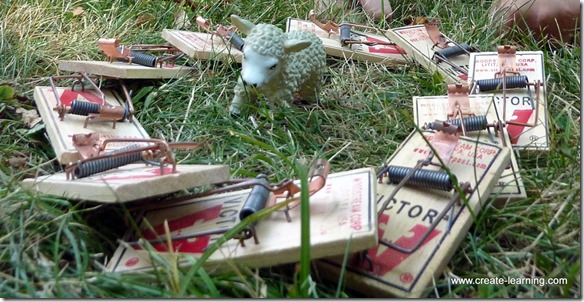Accountability & authority on teams cannot exist in equilibrium. The moment they do you are in a dying organization.
For years I’ve said to teams, “For people to be accountable for the work, they must have the authority to do the work.” I’m beginning to wonder about that statement.
It makes sense. How can we hold someone in account for something they have no authority over?
When I ask teams, Do you, as individuals & as a team, have the necessary authority to complete your work? I have only heard yes once. It happened in a heavily bureaucratic government office.
As change occurs, as it does in organic organizations, levels of authority & accountability change just as quickly. At any point, authority exceeds accountability; accountability may exceed authority.
Accountability will be equal to authority only if nothing changes.
The higher the rate of change, the higher the ambiguity over:
- Are we accountable for this work? Who is accountable for what?
- Do we have the authority to ask people to do stuff? Who has authority for what?
The notion that a team can define accountability & authority means knowing the outcome before it happens. That sounds like a robot path to disengagement.
Area of Accountability |
Area of Authority |
The area between accountability & authority is where uncertainty lives. This uncertainty can lead to innovative ideas that could not have been known before the present.
How do teams deal with uncertainty?
- In Trust Attracting teams, areas of uncertainty are collective overlaps. When something is uncertain, the team moves acknowledges & determines who is best to handle the work’s complexity.
Isn’t it better to draw clear lines that indicate exactly who is accountable for exactly what work?
Theoretically, yes, in practice sometimes.
If the team waits for something to happen, then figure out who has the authority, it is too late, and the problem has slipped into an obfuscated organizational trap.
- In Trust Repelling teams, areas of uncertainty are traps. The person who takes the bait & makes changes is seen as heretical. This creates a fear-based culture where the saying is, “Keep your head down & do nothing extra. That is how you get ahead.”



